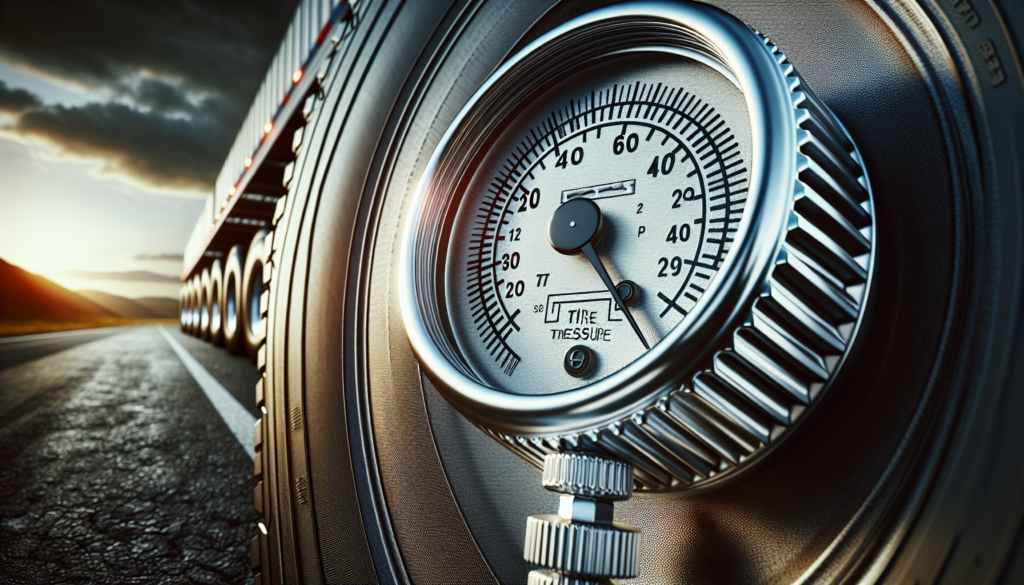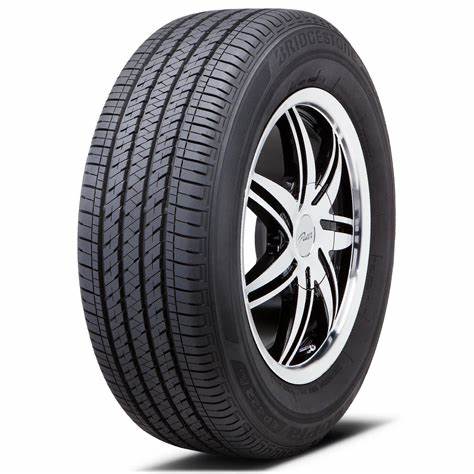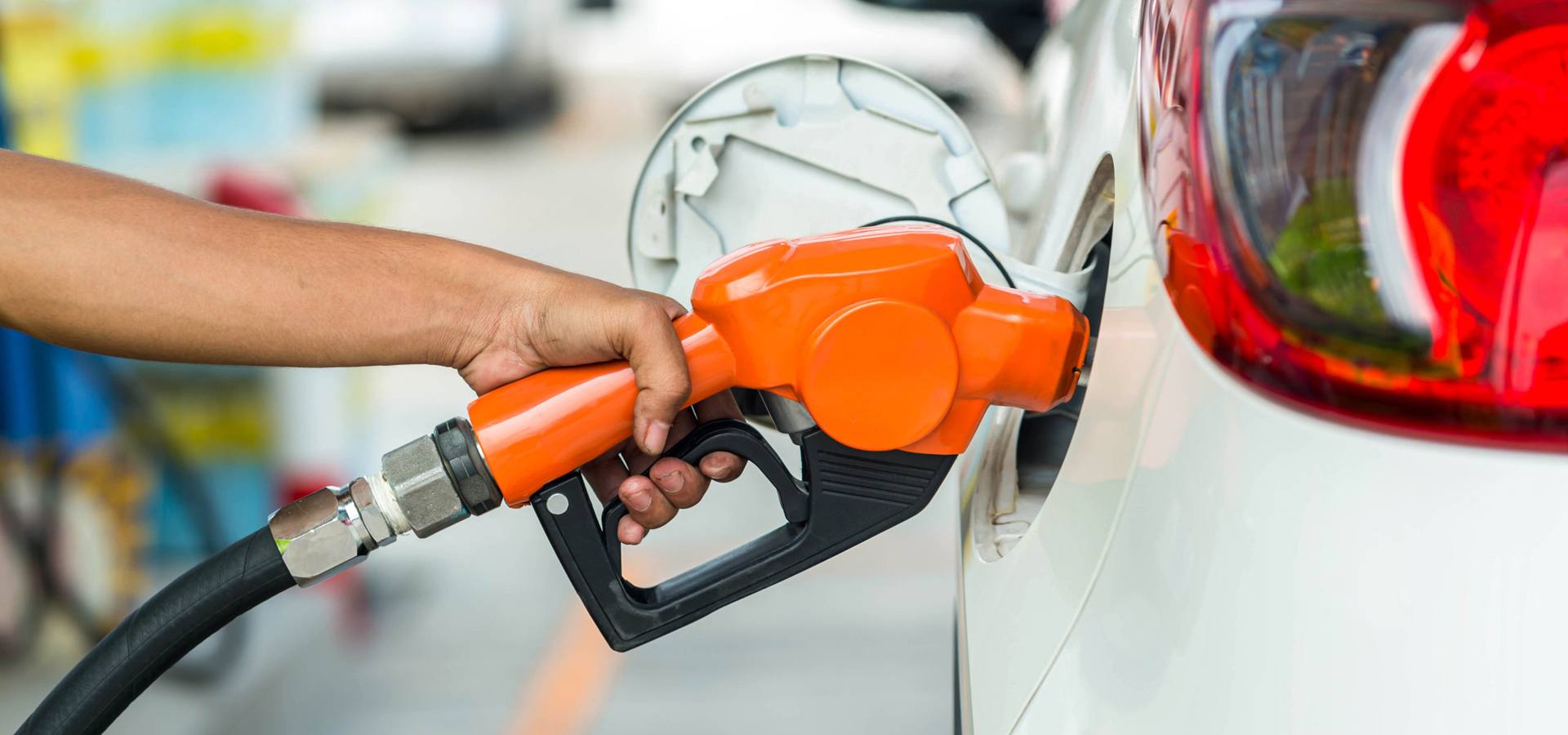With rising fuel prices and environmental concerns, improving your vehicle’s fuel efficiency and enhancing its overall performance has become more critical than ever. Whether you drive daily or embark on long road trips, getting the most out of every drop of fuel can save money, reduce emissions, and prolong the lifespan of your car. Fortunately, maximizing efficiency doesn’t require significant modifications—simple adjustments and proper maintenance can make a world of difference. In this article, we’ll explore proven strategies to improve your car’s fuel economy and enhance its performance, ensuring smoother, more cost-effective drives.
1. Maintain Proper Tire Pressure
One of the easiest ways to improve fuel economy is by keeping your tires inflated to the recommended pressure level. Under-inflated tires increase rolling resistance, forcing your engine to work harder and burn more fuel.

Tips for Maintaining Tire Pressure:
- Regular Checks: Check tire pressure at least once a month or before long trips.
- Use a Quality Gauge: Invest in a reliable tire pressure gauge to ensure accurate readings.
- Follow Manufacturer Guidelines: Refer to your car’s manual for the recommended PSI (pounds per square inch).
Properly inflated tires not only enhance fuel efficiency but also improve handling, safety, and the overall lifespan of your tires.
2. Reduce Excess Weight
Carrying unnecessary weight in your vehicle can significantly affect fuel consumption. The heavier the load, the more energy your engine needs to move the car, leading to increased fuel usage.
How to Lighten Your Vehicle:
- Clear the Trunk: Remove items like sports equipment or tools that you don’t need for your trip.
- Avoid Roof Racks: If not in use, remove roof racks and cargo boxes to reduce aerodynamic drag.
- Minimize Interior Clutter: Keep your car’s interior free from heavy, non-essential items.
By lightening your load, you’ll not only improve fuel economy but also enhance your car’s acceleration and braking efficiency.
3. Drive Smoothly and Avoid Aggressive Maneuvers
Your driving style plays a significant role in fuel consumption. Aggressive habits like rapid acceleration, hard braking, and speeding can waste fuel and strain your engine.
Adopt Fuel-Saving Driving Habits:
- Accelerate Gradually: Press the gas pedal gently to avoid sudden bursts of speed.
- Maintain a Steady Speed: Use cruise control on highways to keep a consistent pace.
- Anticipate Traffic Flow: Slow down gradually by coasting instead of slamming on the brakes.
By adopting a smooth driving approach, you’ll not only save fuel but also reduce wear and tear on your engine and brakes.
4. Keep Up with Regular Maintenance
Routine maintenance is crucial for keeping your car in peak condition and ensuring optimal fuel efficiency. Neglecting simple maintenance tasks can lead to poor engine performance and higher fuel consumption.
Key Maintenance Practices:
- Replace Air Filters: A clogged air filter restricts airflow to the engine, affecting performance and mileage.
- Check Spark Plugs: Faulty spark plugs can cause misfires, reducing fuel efficiency.
- Use High-Quality Oil: Opt for the right grade of motor oil as recommended by your car manufacturer.
Scheduling regular maintenance checks will help identify and resolve potential issues before they impact your car’s performance.
5. Use the Correct Fuel Type
Using the right type of fuel is essential for maintaining optimal performance and fuel efficiency. Filling up with a lower-grade fuel than recommended can reduce power and increase consumption.
Fuel Recommendations:
- Follow Manufacturer’s Guidelines: Check your owner’s manual for the recommended fuel type.
- Avoid Premium Fuel Unless Necessary: Unless your car requires premium fuel, using regular unleaded is sufficient.
- Beware of Fuel Additives: Only use additives that are approved and tested for your engine.
Using the appropriate fuel ensures smooth engine operation and maximizes efficiency without unnecessary costs.
6. Plan Your Trips Efficiently
Strategic trip planning can significantly impact fuel usage by minimizing unnecessary mileage and avoiding high-traffic routes.
Tips for Efficient Trip Planning:
- Combine Errands: Complete multiple tasks in one trip to avoid extra journeys.
- Use Navigation Tools: GPS systems can help you find the shortest and fastest routes.
- Avoid Rush Hours: Driving during off-peak times reduces time spent idling in traffic.
Efficient route planning not only saves fuel but also helps you reach your destination faster and with less stress.
7. Optimize Air Conditioning Usage
While air conditioning is essential for comfort, excessive use can put extra strain on your engine and reduce fuel efficiency.
Efficient Use of Air Conditioning:
- Use A/C Sparingly: Turn on the air conditioner only when necessary.
- Open Windows at Low Speeds: Use natural ventilation when driving at slower speeds.
- Set to Recirculation Mode: This reduces the workload on your A/C system by cooling already-cooled air.
Balancing comfort and efficiency ensures a pleasant driving experience without sacrificing fuel economy.
8. Monitor Engine Performance
An engine running at peak efficiency delivers better mileage and performance. Neglecting engine care can lead to higher fuel consumption and potential breakdowns.
Steps to Monitor Engine Health:
- Watch for Warning Lights: Address issues indicated by the check engine light immediately.
- Regularly Inspect Belts and Hoses: Worn components can reduce engine efficiency.
- Schedule Tune-Ups: Periodic engine tune-ups help maintain optimal performance.
A well-maintained engine ensures smooth operation and maximizes fuel economy.
9. Practice Smart Idling
Idling consumes more fuel than restarting your engine. Turning off your car during prolonged stops can help save fuel and reduce emissions.
When to Turn Off Your Engine:
- At Long Traffic Lights: Turn off the engine if the stop exceeds 30 seconds.
- During Pickups and Drop-Offs: Avoid idling while waiting.
- In Drive-Throughs: Park and go inside if the line is long.
Reducing unnecessary idling improves fuel efficiency and reduces environmental impact.
10. Upgrade to Fuel-Efficient Tires
Specialized tires designed for low rolling resistance can enhance fuel economy. These tires require less energy to maintain speed, resulting in better mileage.

Selecting Fuel-Efficient Tires:
- Look for Energy-Saving Labels: Choose tires marked as fuel-efficient.
- Maintain Proper Alignment: Misaligned wheels increase resistance and reduce mileage.
- Rotate Tires Regularly: This ensures even wear, optimizing performance and longevity.
Upgrading your tires is an investment that pays off through reduced fuel costs and improved driving experience.
Conclusion
Maximizing fuel efficiency and boosting car performance doesn’t require drastic changes. Simple steps like maintaining tire pressure, reducing weight, and driving smoothly can significantly enhance your vehicle’s mileage. By staying on top of maintenance, planning efficient routes, and using accessories like fuel-efficient tires, you can enjoy cost-effective and environmentally friendly driving. These strategies not only save you money but also contribute to a smoother, more reliable driving experience. Implement these tips today and experience the benefits of an efficient, high-performing car on every journey!

Leave a Reply